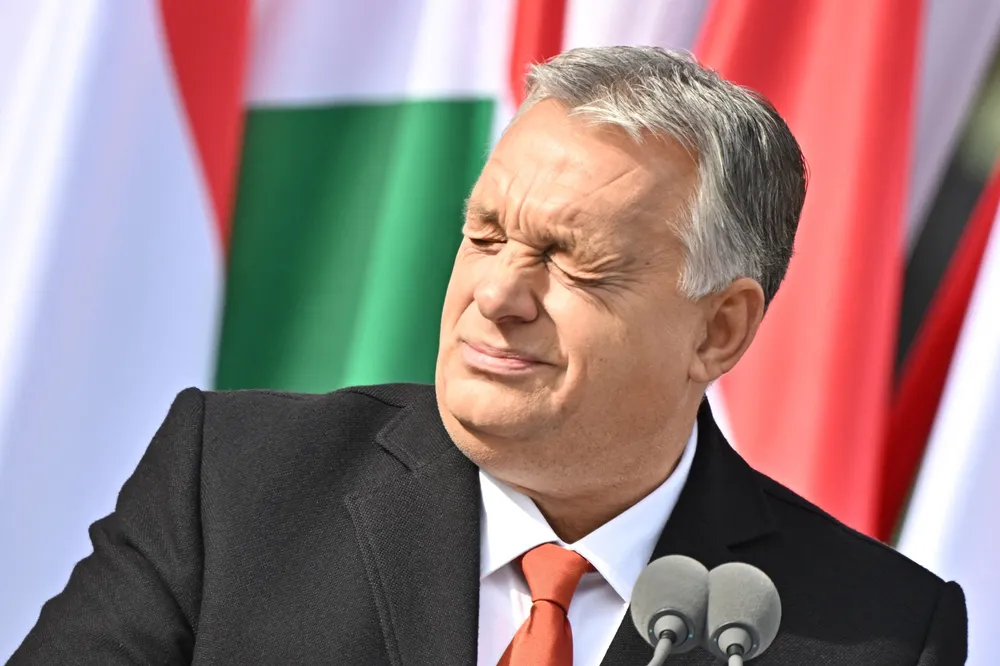Ukraine slams Russian producers with higher oil pipeline transit fees to East Europe
Russian oil pipeline shipments across Ukraine to Hungary, Slovakia and Czech Republic under risk of new decline following planned hike in transit oil fees

Russian oil pipeline shipments across Ukraine to Hungary, Slovakia and Czech Republic under risk of new decline following planned hike in transit oil fees
